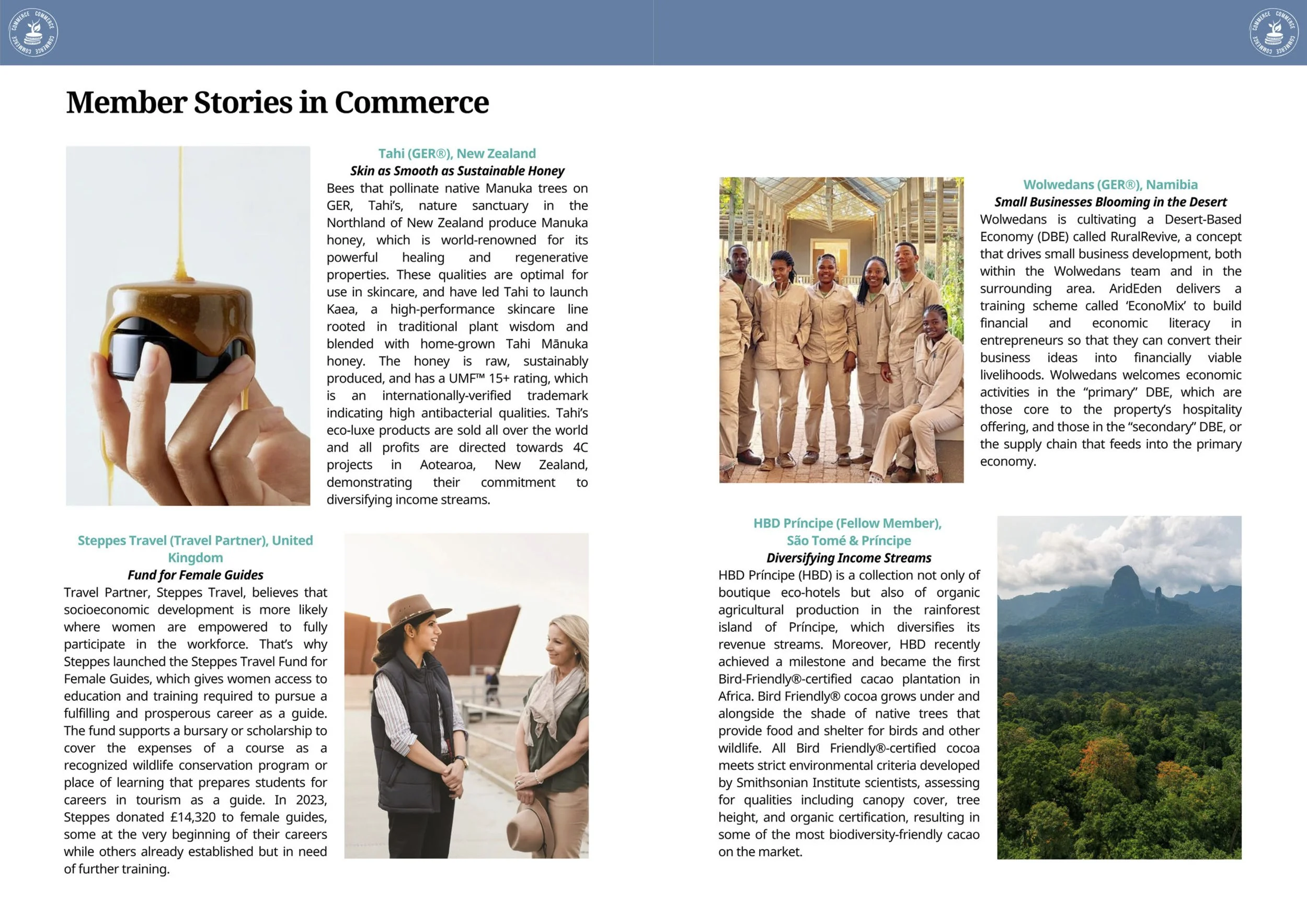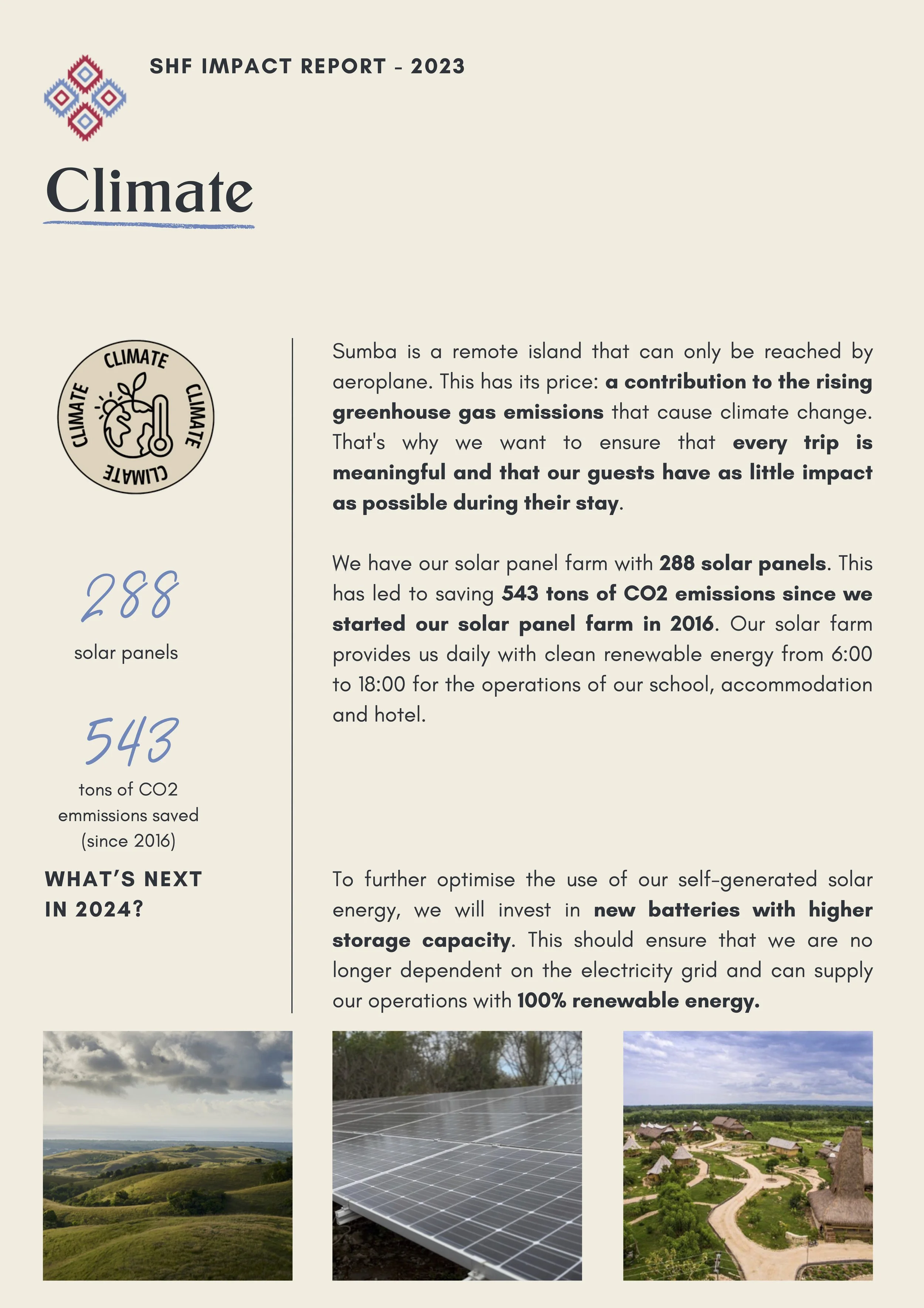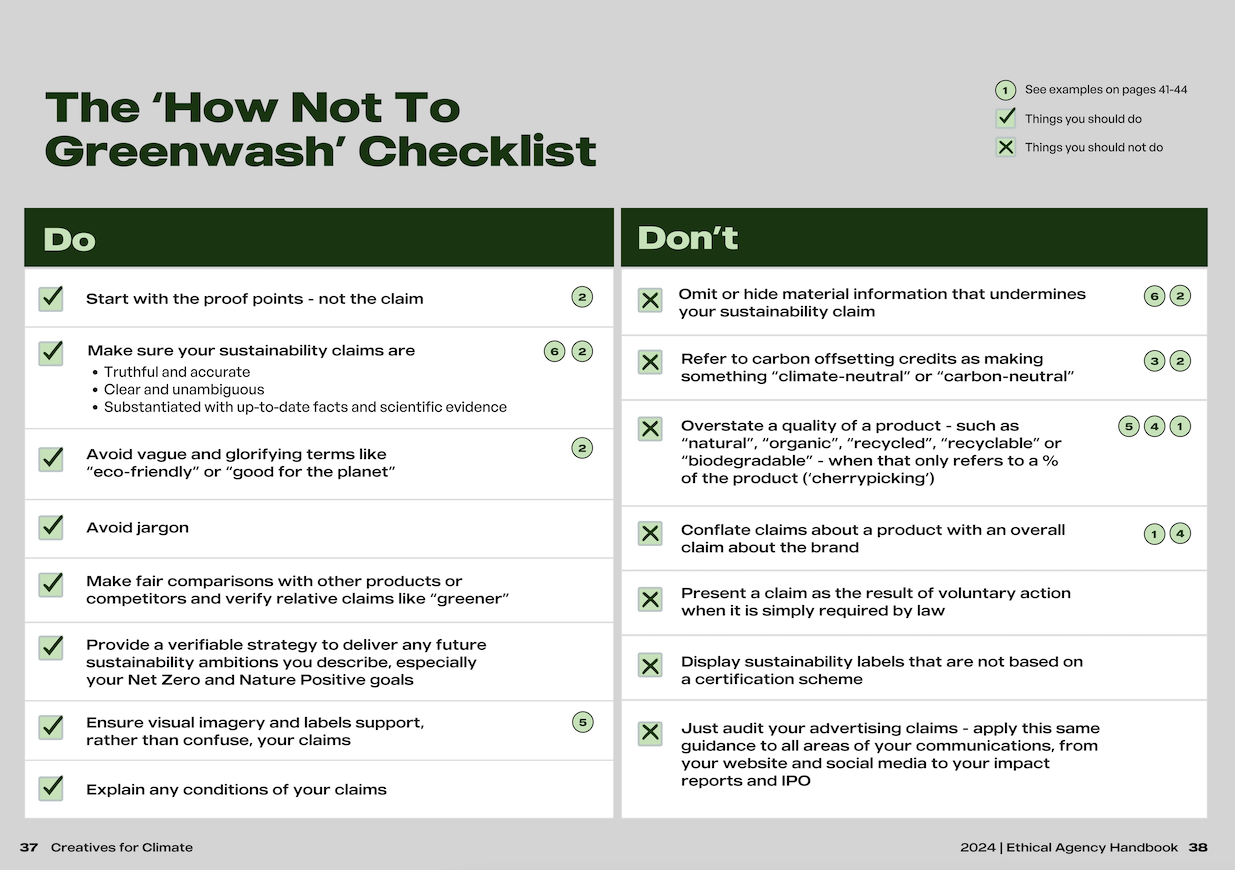Lead the Fight Against Climate Disinformation in 5 Strategic Steps
The Growing Threat of Climate Disinformation, Misinformation, and Greenwashing
Greenwashing has become pervasive in many industries with direct environmental impacts, such as energy, construction, travel, and hospitality.
The United Nations Environment Programme (UNEP) warns that greenwashing undermines the credibility of legitimate sustainability efforts, erodes public trust, and slows down meaningful progress.
There are two kinds of greenwashing: deliberate and unintentional.
Research indicates that approximately 25% of tweets refuting the science behind climate change are generated by automated accounts (bots). This act of disinformation, which means deliberately disseminating false or misleading information to manipulate, mislead, or create confusion, presents a pressing challenge for sustainability professionals: how can their team communicate genuine sustainability efforts without getting drowned out by these PR spins?
At the same time, in tourism and hospitality, many brands contribute to misinformation because of misunderstandings, lack of research, or reliance on inaccurate sources.
This unintentional act stems from the pressure to appear sustainable in a competitive market, leading companies to overstate their environmental commitments, rely on ambiguous language like “carbon-neutral stays” without a robust verification, use flawed carbon offset programs, or misinterpret complex sustainability metrics. While well-intended, the misleading claims erode consumer trust and slow genuine progress.
This article explores five strategies to counter climate disinformation while ensuring that sustainability messages are credible, engaging, and impactful.
Set the narrative: Lead, don’t just react
Avoid greenwashing: transparency builds trust
Build alliances with impartial and independent media and voices
Amplify messages with social media and deepen with private networks
Strengthen internal sustainability governance
1. Set the Narrative: Lead, Don’t Just React
Reactive sustainability communications struggle to counter climate disinformation effectively.
The spread of climate disinformation thrives in a vacuum - the absence of proactive, evidence-backed storytelling.
Businesses that lead by setting the agenda with transparent reporting and verifiable impact ensure that real progress stands out against broad or unsubstantiated claims.
Instead of making vague “carbon-neutral hotel” claims, The Long Run, a global community of nature-based tourism businesses, provides comprehensive reports detailing their members' sustainability practices.
Their members’ proven track record of conservation, zero-waste initiatives, and local community impact is documented with measurable data, making their sustainability efforts credible and verifiable.
Individual members of The Long Run also publish their own reports. Examples include the Sumba Hospitality Foundation Impact Report and The Island Foundation Annual Report, owned by Islands Pte Ltd, the parent company of Nikoi Island and Cempedak Island.
Actionable steps:
Publish annual sustainability reports, when applicable, include third-party audits to demonstrate credibility.
Use concrete, measurable goals instead of ambiguous terms like “eco-friendly” or “carbon-neutral.”
Highlight real-life impact stories featuring local communities and measurable progress.
Still in doubt? Be sure to check out AST’s guide on how to write a compelling report in 5 steps.
The Long Run 2023 Report
Sumba Hospitality Foundation Impact Report 2023
2. Avoid Greenwashing: Transparency Builds Trust
While consumers want businesses to provide sustainable purchase options, they also are more skeptical about unsubstantiated sustainability claims. If companies cannot prove their sustainability claims, they should not make them.
Greenwashing, whether exaggerating or fabricating sustainability efforts, can result in reputational damage, legal consequences, and consumer distrust.
For example,Vietnam’s budget airline Vietjet’s “Green Friday” campaign faced backlash and was banned when Singapore’s advertising watchdog ruled the campaign made unsubstantiated environmental claims. This case highlights how false sustainability claims can backfire, leading to lost consumer trust and regulatory scrutiny.
Actionable steps:
Ensure all sustainability claims are backed by data and third-party verification.
Clearly communicate what sustainability efforts do NOT cover to avoid misleading implications.
Encourage independent reviews and certifications (e.g., GSTC certification for hotels and EarthCheck).
Explore AST’s report on sustainability certifications to gain insights into how APAC’s travel leaders perceive and evaluate sustainability certifications, and which certification programs are deemed most credible.
Also, take a look at an AST article on Avoiding Greenwashing and Turning Sustainable Travel Intentions into Action.
Source: Creatives for Climate
3. Build Alliances with Impartial and Independent Voices
A single company’s voice can be dismissed, but a coalition of credible voices is harder to ignore.
Building alliances with independent media, journalists, NGOs, and scientists ensures that accurate sustainability narratives are widely disseminated.
Platforms like Earth Journalism Network, Eco-Business, Mongabay, The Guardian, and this platform Asia Sustainable Travel have consistently flagged unsustainable tourism projects that falsely claim to be “eco-friendly.” By partnering with reputable media outlets and sustainability watchdogs, businesses can build credibility and contribute to a more informed industry discussion.
Actionable steps:
Collaborate with independent sustainability organizations to verify claims.
Engage with journalists and industry experts to share data-driven insights.
Support media platforms that prioritize solution-oriented journalism over sensationalism and click-baits.
4. Amplify Message with Social Media and Deepen with Private Networks
Social media algorithms are designed to maximize engagement, not accuracy. Misinformation often spreads faster than truth, making it difficult for genuine sustainability messages to gain traction. However, businesses can leverage a dual-channel approach:
Use public platforms for visibility and awareness, and amplify facts.
Shift critical conversations to private communities where deeper engagement can happen.
Organizations like Island Innovation, RARE India, and Regenerative Travel use social media to amplify sustainability messages but transition critical discussions to private networks such as newsletters, WhatsApp Communities, Slack, Viber, Zalo, and Line. These private channels enable thought leaders to engage in nuanced discussions beyond the constraints of social media algorithms.
Actionable steps:
Use social media to disseminate and amplify key messages. Focus on meaningful engagement instead of solely on viral reach.
Build engaging communities on Slack, WhatsApp, or LinkedIn Groups for deep engagement and impactful discussions.
Create educational content and host workshops that equip stakeholders with the knowledge to identify greenwashing.
5. Strengthen Internal Sustainability Governance
To counter climate disinformation, businesses will benefit from having sustainability commitments streamlined across company operations, leadership, and governance structures. Additionally, without strong internal accountability, even well-intentioned initiatives can be diluted or misrepresented.
A clear governance framework ensures that sustainability efforts remain credible, measurable, and deeply integrated into corporate strategy.
Six Senses has established a rigorous internal sustainability governance structure, led by the Vice President of Sustainability and supported by dedicated Sustainability Directors at each property. These leaders oversee sustainability initiatives on-site, ensuring that commitments and protocols are streamlined and translated into measurable action. The brand has also strengthened its Six Senses Sustainable Operations Guidelines, providing a structured framework for achieving its environmental and social goals.
At Viceroy Bali, sustainability is not an isolated function but a core business pillar. Each department appoints a sustainability champion, ensuring that sustainable practices permeate daily operations rather than existing as an afterthought. This company-wide approach advances accountability in every department to reinforce the company’s broader commitment to environmental stewardship and community engagement.
Actionable steps:
Establish an internal sustainability council or committee that includes representatives from various departments.
Conduct regular internal audits to verify that sustainability initiatives are implemented as promised.
Establish a culture of sustainability where employees at all levels understand and contribute to the mission.
TL; DR
As Sir David Attenborough aptly put it, “Saving our planet is now a communications challenge.”
Travel and hospitality businesses benefit from disrupting the flood of climate disinformation by delivering robust and consistent transparent and credible messages.
The key is to shift from reactive crisis management to proactive and fact-driven sustainability leadership.
Set the narrative: Lead with evidence-backed storytelling instead of reacting to misinformation.
Avoid greenwashing: Ensure all sustainability claims are verifiable, transparent, and independently audited.
Build alliances with media: Work with media, journalists, and watchdog groups to amplify truthful sustainability messaging.
Master social & private networks: Use social media for visibility, but transition deep discussions to private platforms.
Strengthen internal sustainability governance: A strong internal checks and balances system helps prevent a company’s climate action from being diluted or misrepresented.
By implementing these strategies, businesses can cut through the noise, build trust with stakeholders, and ensure that real sustainability efforts stand out against a tide of disinformation.










